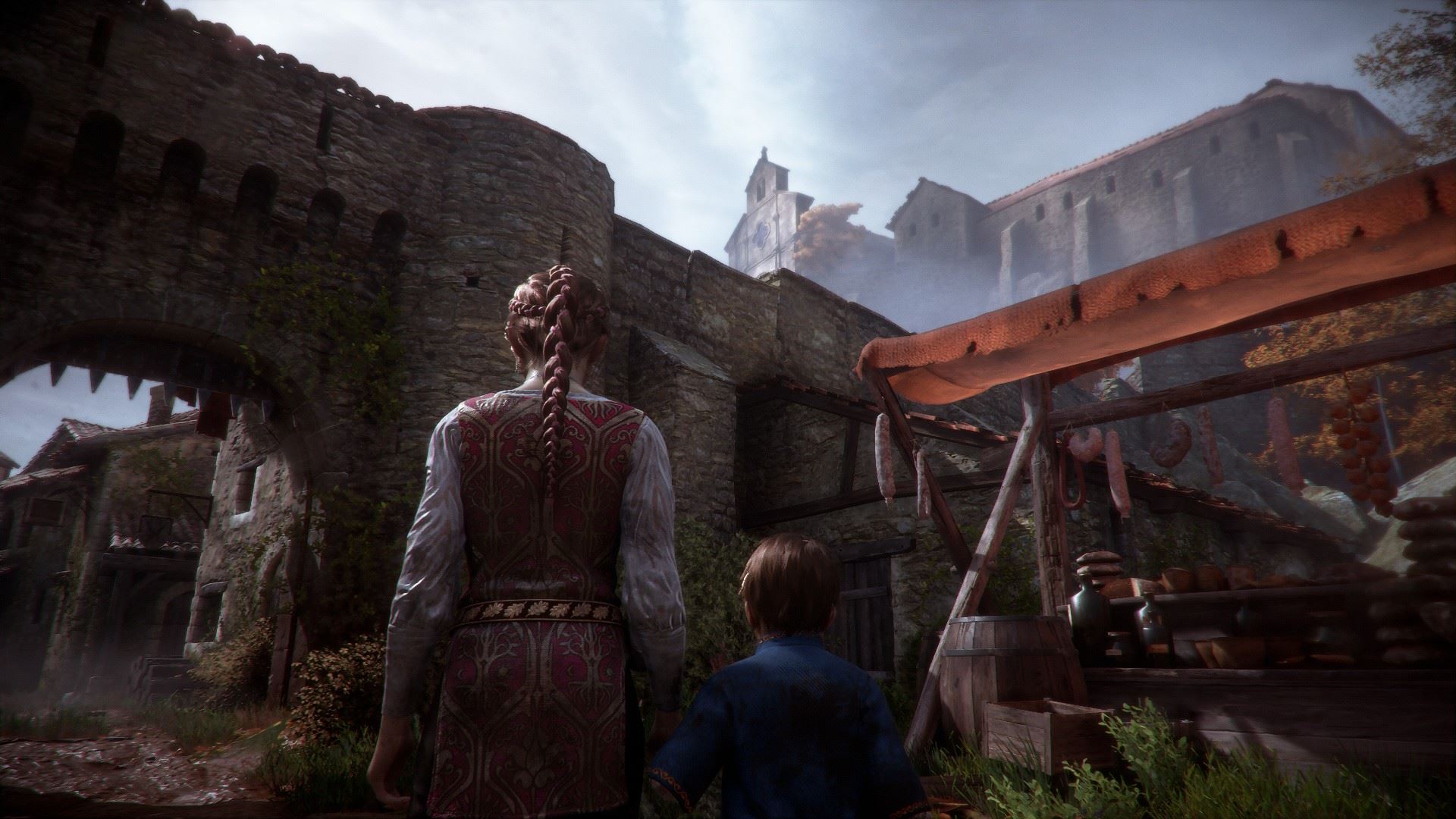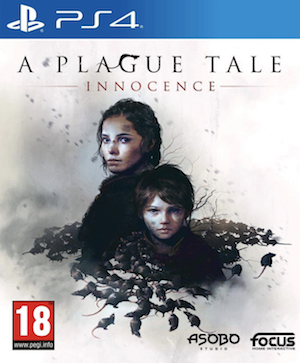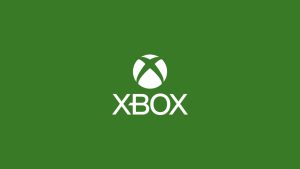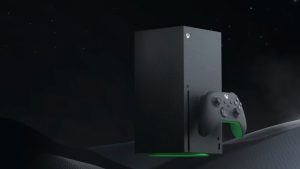A lot of controversy has risen in the last year in regards to video game companies, the workers they employee and the use of crunch time (crunch is a nickname for overtime in a many technical fields). There’s been a lot of horror stories over the last year of people working excessive amounts of overtime going from 70, 80, well up to 100 hours a week. The most recent target of this has been BioWare, with their troubled game Anthem with some horror stories coming out of the gruelling hours there, including those of developers locking themselves in closets to cry amid the chaos and pressure. Last year, we heard similar stories coming out of Rockstar, who crunched hard during the development of Red Dead Redemption 2. Meanwhile, major publications such as Ubisoft have recently come out an openly talked about how they usually manage to avoid too much crunch during development.
Despite all that, there are those who say crunch is needed, and one of them is Creative Director of A Plague Tale: Innocence, David Dedeine. He sat for an interview with PlayStation Lifestyle and talked a good deal about crunch. He acknowledged that he understands the bad reputation it has, the impact it can have on people’s life and the stress it brings, but also feels it’s just an unavoidable part of the job and the often high pace of the tech sector makes it necessary.
“There is an alchemy that makes everything [happen] and suddenly you find the right solution,” said Dedeine. “It comes from pressure, so we need deadlines. At some point you realize that you can do better and [developers] want to do crunch. We are not doing milk or tires—we are doing something we care for and when you have a love for the thing you’re doing [people work hard]. Obviously, we stay within the law, because in France, the law is very protective of that.”
“We know it’s not a good thing to start [crunch] too early, because you basically burn the team,” Dedeine continued. “It’s the worst thing that could happen. You need to keep the team in good shape as long as possible, but when the straight line is there, we push the crunch button. Only [during] like, the last three months. It’s very limited and very much at the end.
“You know, the family is not happy, the wife is not happy, the kids aren’t happy. And we have to be honest that it’s not a lovely story all the time. But at the same time, believe in ourselves as artists. At some point, you just want to do your best for the objective you’re doing. I see it as a natural thing at some point, as long as you stay in the law.”
“It’s hard to say that because I know how that could be read, you know?” Dedeine said when asked if he felt crunch was something that was necessary for the development of any game. “I’m not this guy who wants to be blind to the problem. And like I said, we’ve experienced that in the past and we didn’t wait for the rest of the world or the government to talk about it. We realized it’s not a good thing, in general. But at a specific point of the project, I believe there is magic happening. Is it impossible [to develop games without crunch]? No. Will the team and the public enjoy the product more? No, they will not. It’s not because we will not do crunch that games will be better.”
“Think about the writers,” he continued. “Do you think a writer can only work on their book seven hours a day? No, if you’re a writer I can guarantee those guys are actually writing at 2 in the morning. And sometimes it’s completely not reasonable. As most of the team is based on artists — in the sound, music, in the dialogue, in the game design, all of that — at some point you just want to make the best thing and you don’t think about the time.
“It’s best to be paid for your crunch time, [though], which is different. Okay, people work more but they are paid more. And sometimes twice [what they normally get paid]. It’s also an investment for the company. So as soon as we are in good respect with the team and the law, and you’re working in a positive ecosystem [it can work out].
It also depends on your definition of crunch. If crunch is unpaid all the time and [destructive], I’m not for it. If it’s paid, and in most cases, people volunteer to do it, it’s normal and [within] the law. So there is not even a discussion in this case.”
A Plague Tale: Innocence will release on May 14th on PlayStation 4, Xbox One, and PC. If you’re interested, you can read a little more about it here, or check out our recent interview with the development team.
















